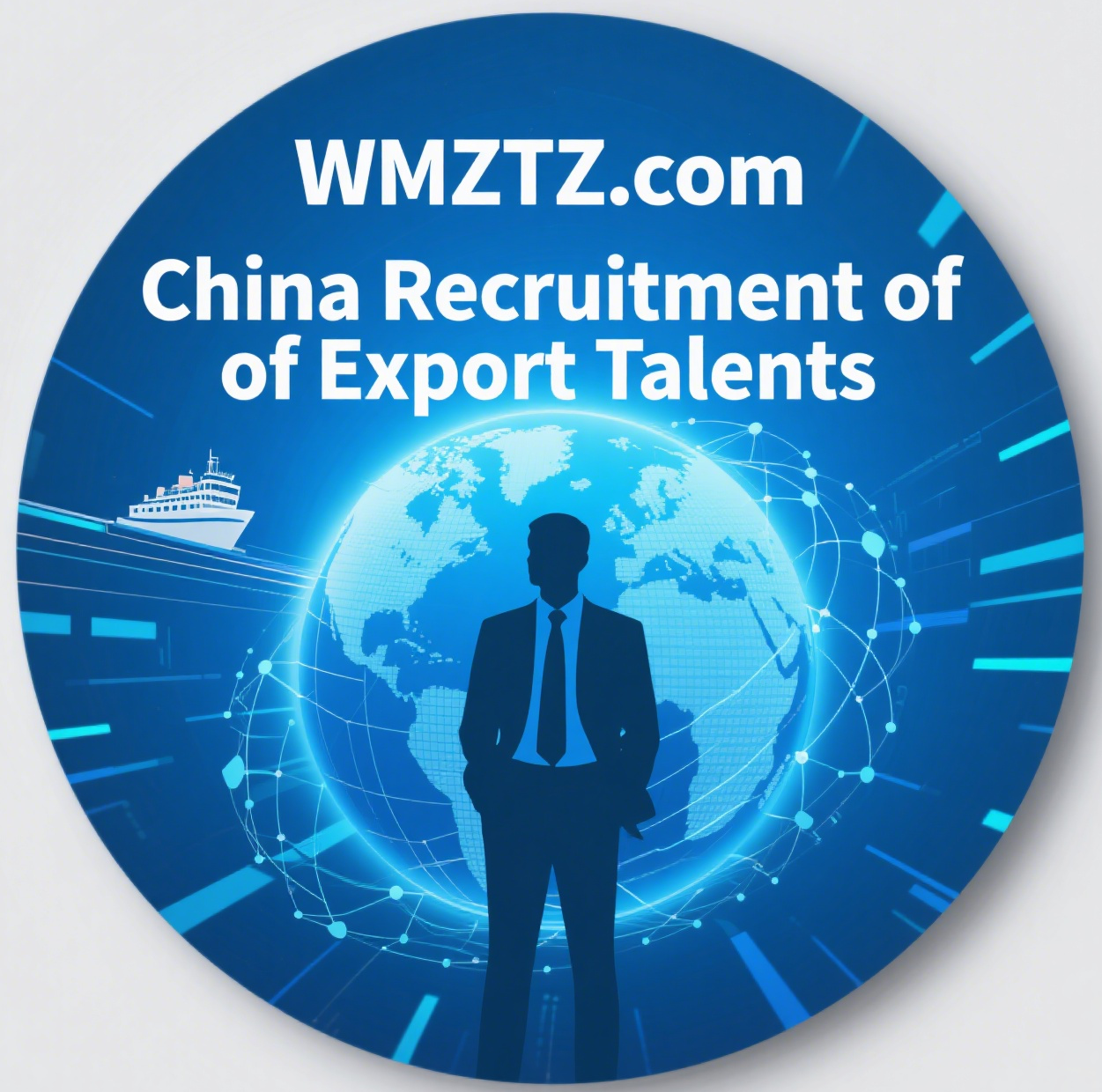What are the challenges of running a business in China, especially for foreigners?
alicia4797Begginer
What are the challenges of running a business in China, especially for foreigners?
Share


1. Cultural and Communication Barriers
2. Legal and Regulatory Complexities
3. Intense Market Competition and Saturation
4. Operational and Financial Hurdles
5. Human Resources and Management Challenges
6. Ethical and Social Responsibility Pressures
Strategic Recommendations for Foreign Entrepreneurs